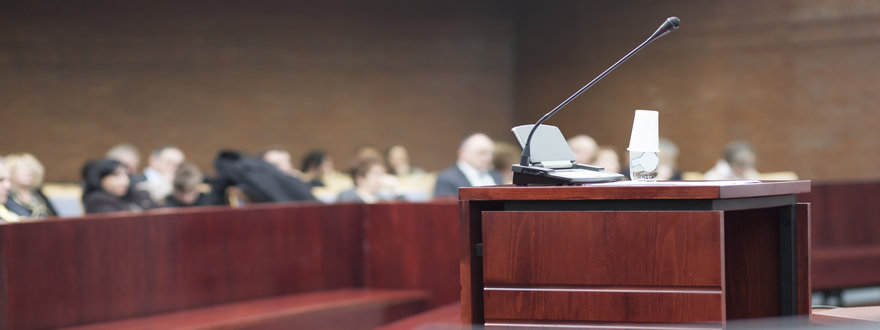The term drink driving covers a range of criminal offences. It includes:
- Driving with a prescribed concentration of alcohol (PCA) present in your breath or blood. You can be charged either with novice, special, low, mid or high range drink driving. This offence is often detected by Random Breath Testing.
- Driving under the influence. To charge this offence, police do not need evidence of your blood alcohol level; rather they must have reason to believe that your ability to drive was impaired by either alcohol, illegal drugs or other substances.
- Dangerous driving occasioning grievous bodily harm or death.
Drink driving offences carry maximum penalties of fines and/or imprisonment.
If you are required to attend court for a drink driving charge, you will need to decide whether you intend to plead guilty or not guilty.
Pleading not guilty
If you wish to plead not guilty, your case will be heard at a Local Court before a magistrate.
A defence lawyer can assist you to prepare your case and explain to the court why you should not be convicted. In preparing for the court hearing, your lawyer will examine whether:
- The offence has been established,
- There are weaknesses in the prosecution’s case,
- Defences are available.
A skilled lawyer may also be able to negotiate charges with the police or prosecutor.
If you are found not guilty, the proceedings will terminate in the Local Court.
If you are found guilty, the case will proceed to sentencing at a Local Court.
Pleading guilty
If you wish to plead guilty to a drink driving charge, the matter will proceed straight to sentencing.
Depending on the circumstances of the case, your lawyer will, prior to the sentencing hearing:
- Receive your instructions as to the circumstances of the offence, your criminal history and other personal information, for example regarding your employment and financial situation.
- Ask you questions about why you need your licence and how licence suspension would affect you. This is particularly important information if you require your licence for work or to transport dependent family members.
- Ask you about the impact a criminal record would have on you, including your employment.
- Obtain character references. These are letters from people close to you who can tell the magistrate about your good character.
- Encourage you to participate in a Traffic Offender Intervention Program, if this is appropriate to the circumstances of your case.
- Encourage you to engage in psychological treatment for alcoholism, if appropriate.
- Encourage you to write a letter of apology.
Sentencing proceedings
In court on the sentencing date, your lawyer will:
- Identify your plea, the offence, the maximum penalty, and the relevant period of licence disqualification.
- Present character references, psychological material, and other documentary evidence to the magistrate.
- Explain to the magistrate the circumstances of your offence and its objective seriousness.
- Outline your subjective circumstances, including your traffic record and criminal history.
- Describe your personal situation including age, employment, health issues, remorse, and the steps you’ve taken to rehabilitate yourself such as participating in a Traffic Offender Intervention Program.
- Suggest conviction not be recorded and the charge be dismissed, or otherwise suggest an appropriate sentence depending on the circumstances of your case.
The magistrate may:
- Dismiss the charge and not record a conviction under Section 10 of the Crimes (Sentencing Procedure) Act,
- Dismiss the charge subject to a conditional release order, with or without recording a conviction,
- Impose a fine,
- Disqualify your licence,
- Impose an interlock order, and/or
- Impose a community-based or custodial sentence.
How can we help?
We are experienced in successfully defending drink driving charges in court, whether you wish to plead guilty or not guilty. We also provide expert advice to help you identify which plea is the most appropriate considering your individual circumstances.
Contact us if you require assistance.




